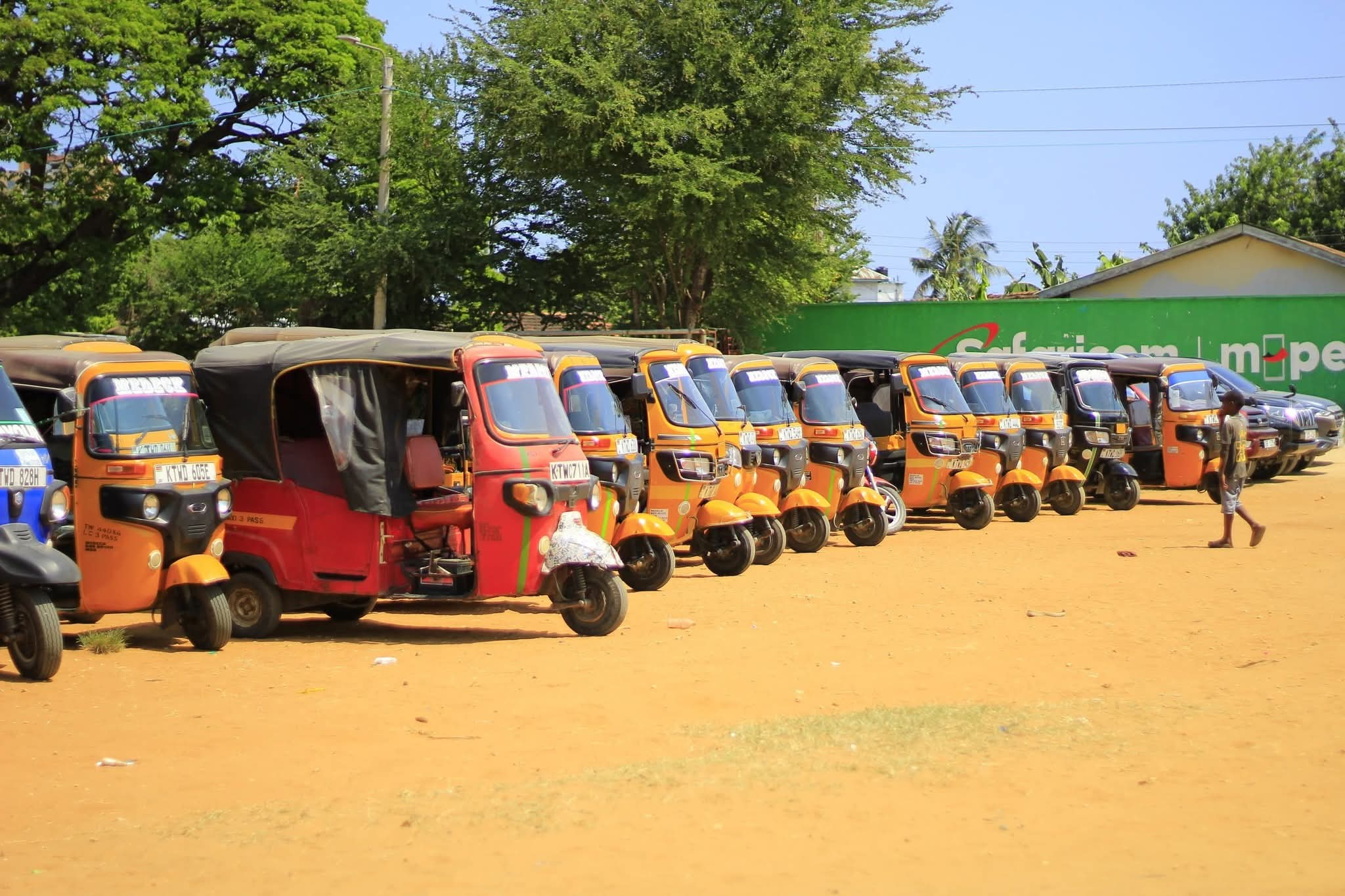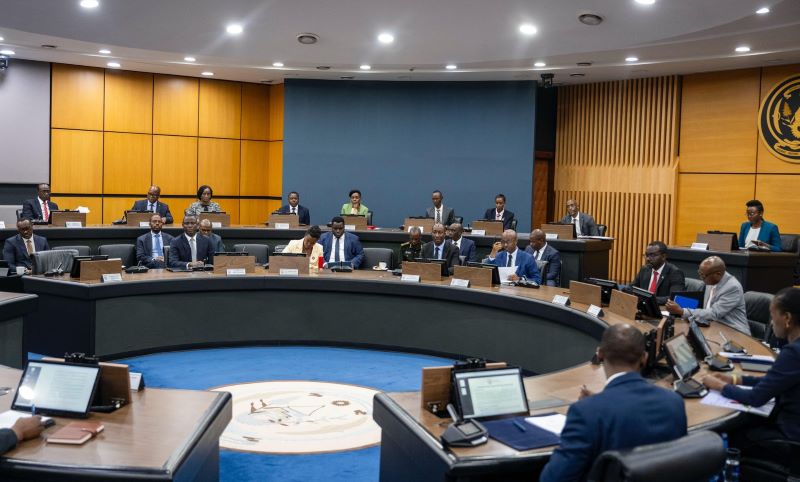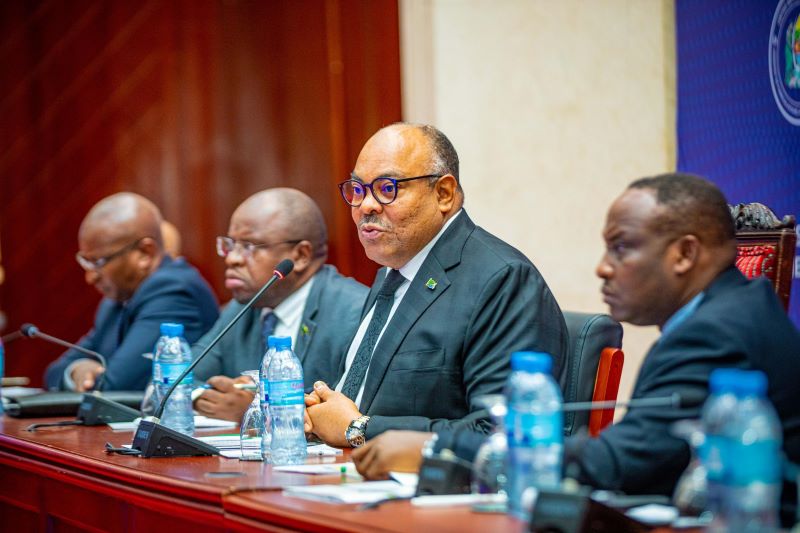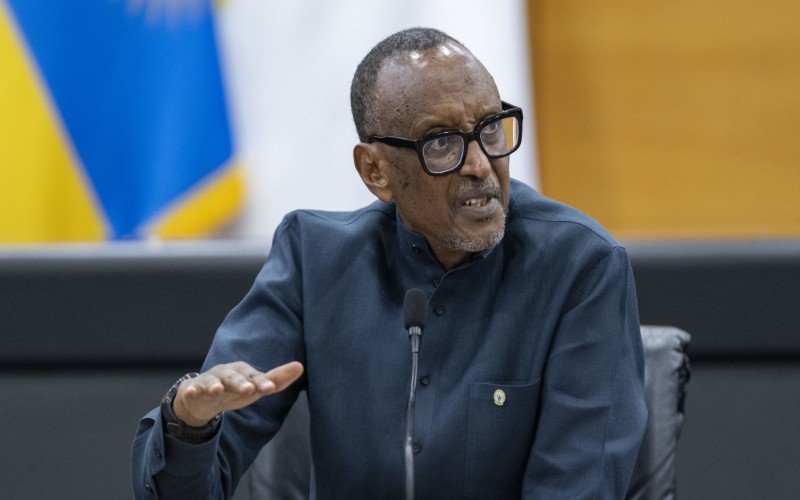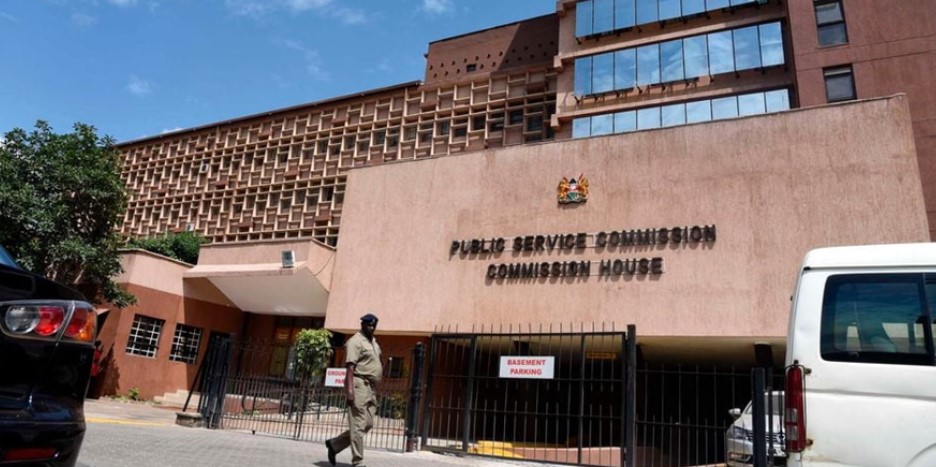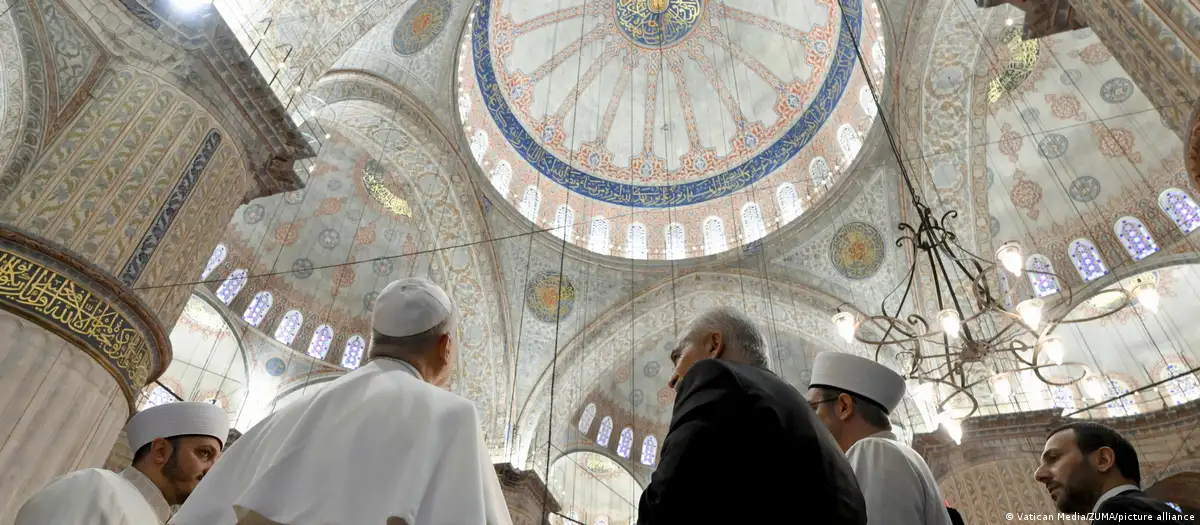Muslim leaders urge Ruto to lift taxes on dates ahead of Ramadan
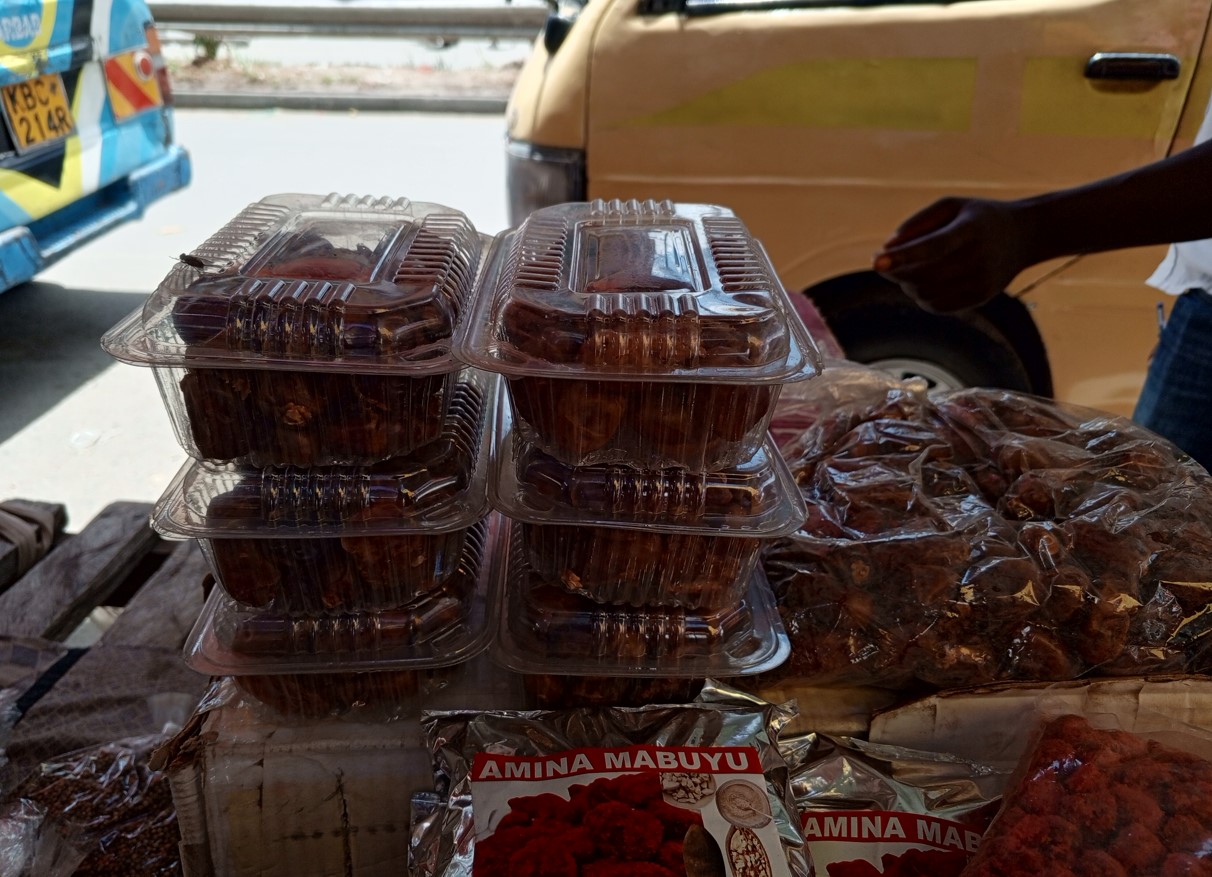
In Islamic tradition, dates are a preferred food for breaking the fast, with religious teachings indicating that three dates and a glass of water are sufficient to fulfil the practice.
Muslim leaders in Kenya have appealed to President William Ruto to lift taxes on imported dates during the upcoming Holy Month of Ramadan, arguing that the move would ease the burden on millions of worshippers observing the fast.
Speaking at the Council of Imams and Preachers of Kenya (CIPK) offices in Mombasa, the Council’s Organising Secretary, Sheikh Mohamed Khalifa, urged the president to issue a directive to the National Treasury to waive the tax, noting that the exemption would only apply for the duration of Ramadan.
More To Read
- Ruto unveils Sh400 billion mega dam plan to turn North and Coast regions into Kenya's new food basket
- Ruto says 15,000 jobs on the horizon following launch of landmark highway expansion
- Ruto says Kenya can attain first-world status within three decades
- Petition filed to stop multi-billion Rironi–Nakuru–Mau Summit road project
- ‘Manifesto-free campaigns will sink you,’ Ruto warns opposition after by-election wins
- President Ruto launches Nairobi–Nakuru–Mau Summit, Maai Mahiu–Naivasha road projects
“Dates are imported during the holy month to benefit over 20 million Muslims across the nation, a significant number of them being among the less fortunate. Hence, the move will provide a seamless environment for fasting,” he said.
CIPK’s Coast Region Chairman, Abdallah Ateka, echoed the call, emphasising the urgency of the matter with less than two weeks remaining before Ramadan begins.
“We reckon that President Ruto is a pious leader. Thus, we believe that our plea will be taken into keen consideration to ensure that Muslims feel their place as Kenyan citizens,” he said.
Ateka also called for the distribution of food hampers for Iftar across all 47 counties, stressing that the government should support Muslim families struggling with food insecurity during the fasting period.
Ramadan in 2025 is expected to commence on February 28, depending on the sighting of the moon.
In Islamic tradition, dates are a preferred food for breaking the fast, with religious teachings indicating that three dates and a glass of water are sufficient to fulfil the practice.
Last year, Kenyans in various parts of the country raised concerns over the rising cost of dates, despite the government exempting tax aimed at making them more affordable.
In January 2024, the government announced that Muslims would not be required to pay taxes on dates imported for Ramadan, stating that the initiative was meant “to provide support to the Muslim community.”
Treasury Cabinet Secretary Njuguna Ndung’u specified that the exemption would apply to dates imported and cleared between March 1 and April 20, 2024.
However, despite the tax waiver, prices remained high, with factors such as increased demand contributing to the surge in costs.
Top Stories Today
